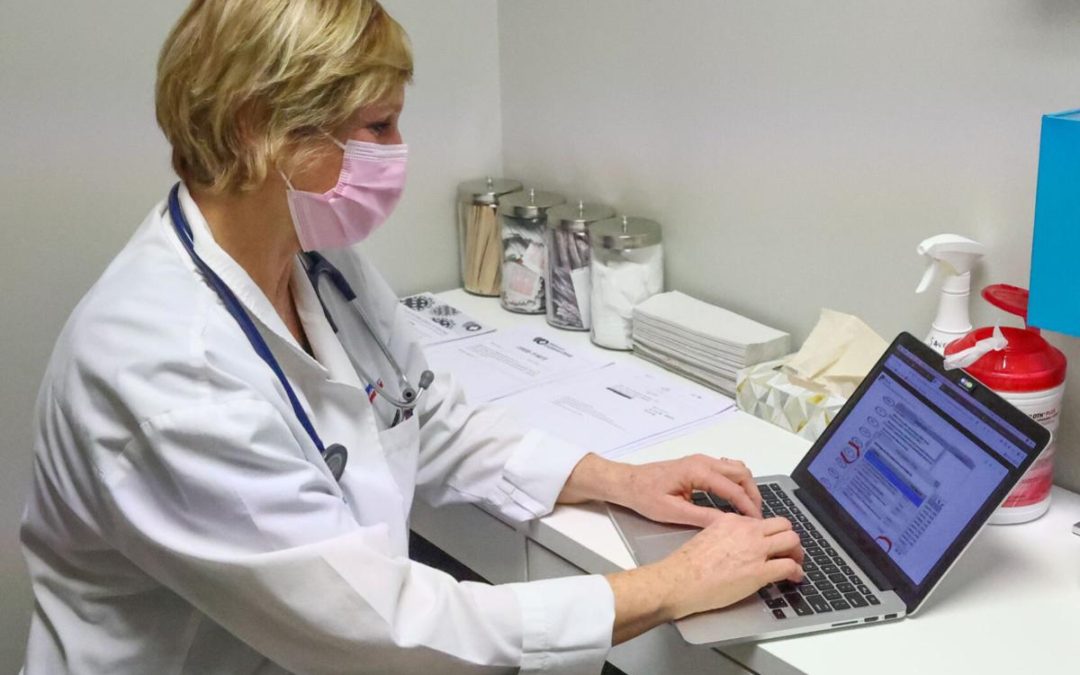The pandemic not only intensified work demands and long working hours, but it also added
new challenges in unprecedented ways. Early in the pandemic, health workers across
public health, laboratory, and clinical settings worked rapidly to understand, detect,
and prevent transmission, provide guidance, and treat patients.
Despite early stay at-home orders and social distancing recommendations, the virus moved quickly,
and health workers were overwhelmed by waves of seriously ill patients—more than
most systems were prepared for or equipped to handle. Many health workers had to
work without adequate personal protective equipment, putting their own health and
the health of their families at risk, often working without days off. They treated
patients, including their own colleagues, who were sick, frightened, and isolated from
their loved ones. As the pandemic became politicized, some faced hostility, threats,
and acts of violence often related to misinformation about the virus.
Throughout the pandemic, health workers have reported high rates of stress,
frustration, exhaustion, isolation, feeling undervalued, loss of sleep, anxiety, increased
risk for substance use, and suicidal ideation. Researchers
who conducted a survey from June through September 2020 found that, of more
than 1,100 health workers, 93% reported they were experiencing stress, 86% reported
anxiety, 76% reported exhaustion and burnout, and 41% reported loneliness.
Although there is more research in this area focused on clinicians, researchers are
finding high rates of burnout, and mental health challenges such as stress, anxiety
and depression, among non-clinical health workers as well, including operations
staff in health facilities and public health workers. One study in October 2020
found 49% of health workers, including nursing assistants, medical assistants, social
workers, and housekeepers, reported burnout and 38% reported symptoms of anxiety
or depression. Notably, this study found that inpatient workers, women and persons
of color, nursing and medical assistants, and social workers reported higher levels of
stress related to workload and mental health, though importantly, these impacts were
mitigated when health workers felt valued.

